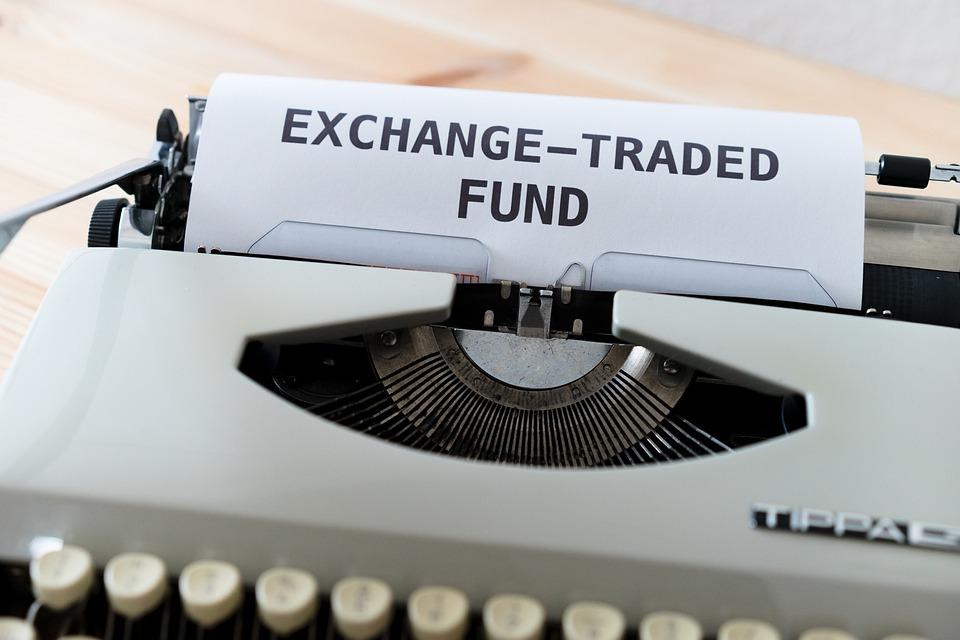How To Choose the Best Small-Cap ETFs To Buy
The best small-cap ETFs to buy are those that have an affordable expense ratio and offer exposure to industries with strong growth potential.
March 14 2022, Published 7:58 a.m. ET

If you asked Warren Buffet how you should invest in the stock market, he would advise you to go for an ETF instead of picking individual stocks for your portfolio. ETFs come in a variety of forms based on where and how they invest. There are large-cap ETFs, which primarily invest in big companies, and there are small-cap ETFs, which invest in small companies. What are the best small-cap ETFs to buy now?
Investors should aim to build a diversified portfolio, and the simplest way to do so is through an ETF. You may want to bet on small-cap stocks because they tend to offer more upside than large-cap stocks.
What's a small-cap ETF?
A small-cap ETF primarily invests in companies with market caps in the range of $300 million–$2 billion. Although some investors ignore small-cap stocks, they shouldn't: many successful large-cap companies started small.

What are the best small-cap ETFs to buy now?
The best funds to invest in are those that will give you diverse exposure to industries with a bright future. You should also look for funds with affordable expense ratios. The following small-cap ETFs may interest you:
The Vanguard Russell 2000 ETF (VTWO).
The Invesco S&P SmallCap Value with Momentum ETF (XSVM).
The Avantis U.S. Small Cap Value ETF (AVUV).
The Invesco DWA SmallCap Momentum ETF (DWAS).
The iShares Russell 2000 Growth ETF (IWO).
The VTWO ETF gives you good exposure to AMC Theatres
The Vanguard Russell 2000 ETF invests in companies in the Russell 2000, which represents a diverse range of industries. The fund, whose favorite industries are financials, healthcare, and industrials, seeks to track the index’s returns. Its top holdings are Ovintiv, BJ's Wholesale Club, AMC Theatres, and Macy’s. The fund charges an expense ratio of 0.10 percent.
The XSVM ETF favors the financial industry
The Invesco S&P SmallCap Value with Momentum ETF primarily invests in companies in the S&P SmallCap 600. Its favorite industries are financials, consumer discretionary, and industrials, and its top holdings are Olympic Steel, Rayonier Advanced Materials, and PBF Energy. The fund’s expense ratio is 0.41 percent.
The Avantis U.S. Small Cap Value ETF looks for undervalued stocks
The actively managed AVUV ETF invests in a basket of U.S. small-cap companies. It looks for undervalued stocks with strong potential in the financial, industrial, and energy sectors. Its top holdings are PDC Energy, Alcoa, and Matador Resources, and its expense ratio is 0.25 percent.
The Invesco DWA SmallCap Momentum ETF favors industrial companies
The DWAS ETF mostly invests in components of the small-cap Dorsey Wright index, and its favorite industries are industrials, consumer discretionary, and energy. Its top three holdings are LSB Industries, SM Energy, and Weatherford International. The fund rebalances its portfolio quarterly and charges an expense ratio of 0.60 percent.
The iShares Russell 2000 Growth ETF
The IWO ETF mainly invests in small U.S. companies whose earnings growth is expected to exceed the market average. It’s designed for investors seeking to tilt their diversified portfolios toward growth stocks. The fund’s favorite sectors are healthcare, IT, and industrials, and its top holdings are Tetra Tech, Syn Synaptics, and the Eastgroup Properties REIT. It has an expense ratio of 0.24 percent.
It's worth noting that whereas small-cap ETFs can be a great way to diversify your portfolio, they can be higher risk than their large-cap counterparts. Therefore, make sure to invest with your risk tolerance in mind.
